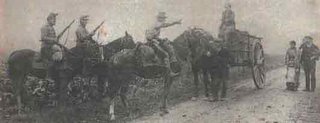
DULCE ET DECORUM EST (It Is Sweet And Right)
Bent double, like old beggars under sacks,
Knock-kneed, coughing like hags, we cursed through sludge,
Till on the haunting flares we turned our backs,
And towards our distant rest began to trudge.
Men marched asleep. Many had lost their boots,
But limped on, blood-shod. All went lame, all blind;
Drunk with fatigue; deaf even to the hoots
Of gas-shells dropping softly behind.
Gas! GAS! Quick, boys! - An ecstasy of fumbling
Fitting the clumsy helmets just in time,
But someone still was yelling out and stumbling
And flound’ring like a man in fire or lime. -
Dim through the misty panes and thick green light,
As under a green sea, I saw him drowning.
In all my dreams before my helpless sight
He plunges at me, guttering, choking, drowning.
If in some smothering dreams, you too could pace
Behind the wagon that we flung him in,
And watch the white eyes writhing in his face,
His hanging face, like a devil’s sick of sin,
If you could hear, at every jolt, the blood
Come gargling from the froth-corrupted lungs
Bitter as the cud
Of vile, incurable sores on innocent tongues, -
My friend, you would not tell with such high zest
To children ardent for some desperate glory,
The old Lie:
Dulce et decorum est pro patria mori.
(It is sweet and right to die for one’s country.)
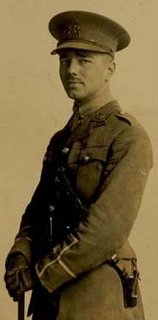
Wilfred Owen was born the 18th of March 1893 in Oswestry (United Kingdom).He enlisted in the Artists' Rifles on 21st October 1915; there followed 14 months of training in England. He was drafted to France in 1917, the worst war winter. In August 1918, after his friend, the other great War Poet, Siegfried Sassoon, had been severely injured and sent back to England, Owen returned to France. War was still as horrid as before. The butchery was ended on 11th November 1918 at 11 o'clock. Seven days before Owen had been killed in one of the last vain battles of this war.
Read more about
Wilfred Owen.

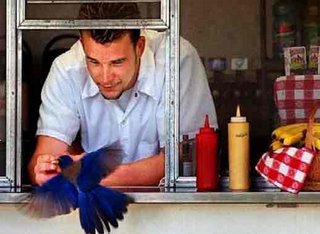
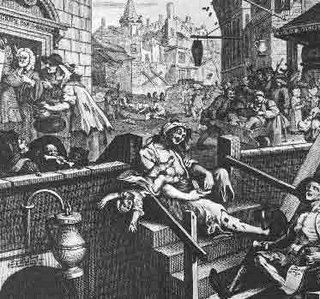
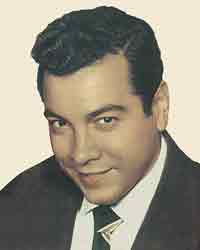

 Wilfred Owen was born the 18th of March 1893 in Oswestry (United Kingdom).He enlisted in the Artists' Rifles on 21st October 1915; there followed 14 months of training in England. He was drafted to France in 1917, the worst war winter. In August 1918, after his friend, the other great War Poet, Siegfried Sassoon, had been severely injured and sent back to England, Owen returned to France. War was still as horrid as before. The butchery was ended on 11th November 1918 at 11 o'clock. Seven days before Owen had been killed in one of the last vain battles of this war.
Wilfred Owen was born the 18th of March 1893 in Oswestry (United Kingdom).He enlisted in the Artists' Rifles on 21st October 1915; there followed 14 months of training in England. He was drafted to France in 1917, the worst war winter. In August 1918, after his friend, the other great War Poet, Siegfried Sassoon, had been severely injured and sent back to England, Owen returned to France. War was still as horrid as before. The butchery was ended on 11th November 1918 at 11 o'clock. Seven days before Owen had been killed in one of the last vain battles of this war.